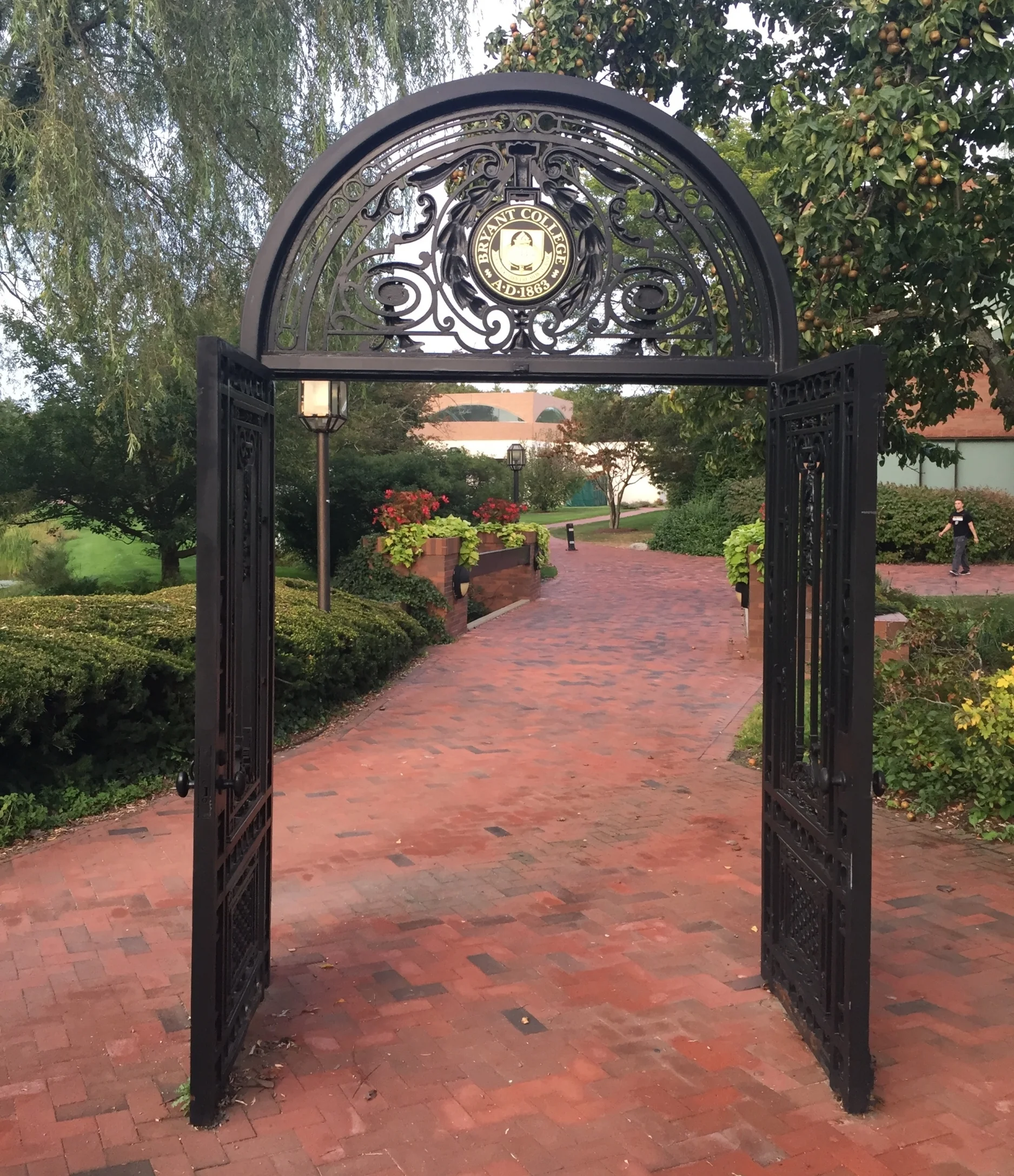There have been a lot of cheers, murmurs and shuffling around in the college admissions world since Frank Bruni’s NYT article last week, “Rethinking College Admissions.” The article is basically a spotlight for Harvard Graduate School of Education’s Making Caring Common Project, which has released a report called “Turning the Tide: Inspiring Concern for Others and the Common Good through College Admissions.”
It’s a nice moment of acknowledgment about the flaws in competitive college admissions—particularly in terms of the negative impact on teenagers’ mental and emotional well being, as well as on their outlook for the future. The argument: the American system of elite college admissions, as it has evolved to this moment in time, reinforces individual applicants placing their own self-interested advancement well above working for the betterment of the people around them. Therefore, American colleges and universities—especially those that attract the most interest among high school applicants—have the opportunity to shift the focus of future generations' effort from themselves to the greater good.
Getting the message into broader public is a clear and crucial first step, and there is plenty of evidence that it's already happening. For one, there has been a significant rise in test-optional admissions policies over the past few years. Also, when I read through the actual report, I observed that much of the language in MCC’s recommendations already exists in many colleges’ supplemental writing prompts. At conferences and in the emails on college counseling listserves, the messages of leveling the playing field and promoting equal access are ever resounding.
As with all widespread, systemic problems, though, the message by itself is not enough. Sweeping change—a true turning of the tide—is incumbent on everyone involved in the admissions process: parents, students, high school counselors, teachers, IECs, and, of course, the colleges themselves. If there’s one thing that everyone needs to examine, it’s the driving force behind the ugliness: cynicism, fear of loss, and total aversion to taking risks.
No matter what messages about the betterment of society are out there, without the courage and the integrity to follow through, both colleges and applicants will stay stuck in the pattern of saying one thing but doing another when the water gets hot enough. Numbers reign supreme here because we demand results, and data is the best evidence we have for mitigating risk. The risk of financing a college education is often looked at by parents as a necessary evil in attaining future security for their children; the return on investment comes down squarely to dollars and cents. The risk of admitting these students over those students based on probabilities of these students actually attending (and paying most, if not all, of their tuition) is a central job hazard for admissions officials. Numbers influence rankings (because rankings ARE numbers), rankings influence perception, perception influences reputation, reputation influences application numbers, which are factored back into rankings. And the cycle continues.
College counselors—at public and especially private high schools—risk their jobs if they don’t get the acceptance numbers demanded of them. For independent counselors, maintaining numbers correlates directly to the existential issue of making enough income to support themselves.
When Frank Bruni revels about his “thrilling sense that something bigger is about to give,” I’m not so sure of what that is. Collectively, we’ve got to dig down and find an awful lot of courage to acknowledge that taking these risks is part of living life fully and making the world better for all of us in the long run.
As author Susan Jeffers said, “We cannot escape fear. We can only transform it into a companion that accompanies us on all our exciting adventures.”






























